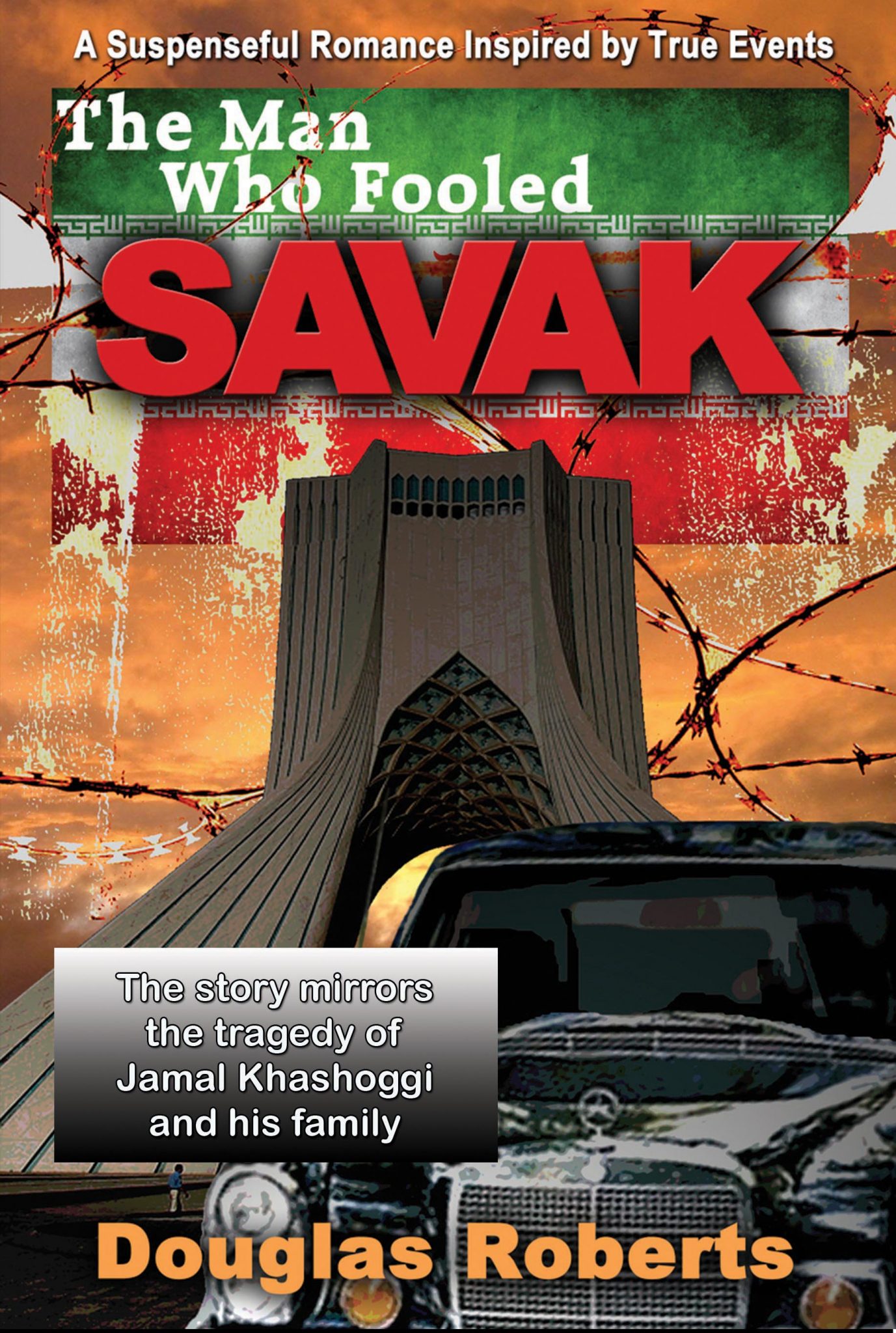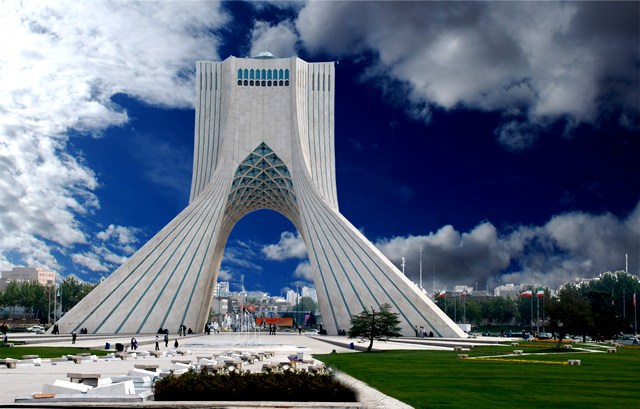


Note from the Publisher
Douglas Roberts was stationed in Tehran, Iran in 1971 working in a US classified message center and experiencing the brutal oppressive dictatorship of the Shaw of Iran first hand. The Man Who Fooled SAVAK inspired by true events in the early 1970s, captures what it is like to live in a dictatorship with secret police monitoring your every move. “The book is as relevant today with the current events in the Middle East as if it were written in the 1970s,” said Anthony S. Policastro, publisher of Outer Banks Publishing Group. “It is rare that a book comes along and reminds us of the some of the basic freedoms and human rights we take for granted living in a Democracy,” Mr. Policastro added. The story is about a G.I. stationed in Tehran during the Vietnam War, who falls in love with an Iranian girl and who later launches an elaborate plan to get her and her mother out of the country. They hope to reunite with their father and husband who escaped death from the Shah’s secret police, SAVAK, ten years earlier.
By Douglas Roberts
As an author I am aware of how time and events can change the filter through which we process our stories. This happened to me with my book The Man Who Fooled SAVAK. Until recently, I saw the main narrative of my story as centering around an Iranian family’s search for their father, living in exile. Fearing for his life, the husband could not return to Iran. And the family was not allowed to leave the country to join him.
With Donald Trump as President of the United States, I started to see a new disturbing context. The narrative was now about the trials and tribulations of a separated family, separated by the Iranian government. Every time I would read the current news about children in detention centers, separated from their parents, a feeling of discomfort would come over me that was all too familiar. Then it hit me. My book was not really about Iranian family members not being able to leave their homeland. That was just the hurdle they faced.
The anguish and trauma of any family being forced into separation by their government is not just a callous violation of human rights. The psychological and emotion strain it causes is immense. It was quite a revelation to suddenly have that realization about my own novel.
Living in Tehran, Iran in 1971 working in a classified message center created situations that caused me to lose my innocence about how a country, who was our ally at the time, dealt with abuse of freedoms that people in the U.S. took for granted.
In America, freedom of the press was something most Americans considered almost sacred, and to violate it was unthinkable. Imagine my shock when I learned that the Shah of Iran in 1971 decided he did not like what was written about him in the western media and had all offending periodicals quietly removed from newsstands. I knew about this because of my job in the classified message center. This was not public information.
In my mind the issues involved did not seem that controversial. The Shah was throwing lavish parties in celebration of the nation’s 2,500 anniversary. The criticisms were that the celebrations were too lavish.
But that shock did not compare to the one I got later that afternoon, when I got home from work and telephoned my girlfriend Fari. She blew up at me. I was never to talk about such things over the phone! Someone could be listening. As I would eventually discover, someone probably was.
Was this how such a close ally of the United States behaved? Apparently so!
Fast forward to today. Our President gleefully talks about body slamming journalists, and how the press is the enemy of the people. When I read that 44 percent of Republicans recently polled said Trump should have the autocrat’s power to shut down news shows and how successful his efforts have already been. Every time I hear the press being trashed, which is regularly now, my mind flashes back to the crisis mode it put U.S. military personnel in when the Shah had articles critical of him removed. It sends a chill up my spine.
Perhaps my biggest loss of innocence was the discovery that the Shah of Iran tortured his prisoners. It was a seemingly mundane message issued by the State Department to Iran complaining about the name given to a high-tech torture device developed in Israel called the Apollo, the same name as our space program at the time. The device was designed to administer electric shocks, including shocks to the head via a metal hood. I was disturbed that the complaint only focused on the name of the device and not the torture itself. I cringed at the thought that a supposedly trusted ally of the United States would resort to such inhumane treatment of people.

Azadi Square, Tehran, Iran
More disturbing than learning about the Apollo, is the acceptance of torture by recent administrations here in America. The war on terror uncovered scandals of secret CIA prisons where prisoners suffered the brutal tactics of interrogation and horrible mental health problems that haunt the men subjected to torture.
The whole conversation about torture changed for the better, recently. Former President Obama banned the use of waterboarding as an interrogation technique in 2009. That ban was later codified in law by Congress.
But today, Trump champions the benefits of the recently banned method of waterboarding, even though none of his staff believes in its effectiveness.
A larger concern of mine is that Trump believes that Iran is the enemy and has dismantled the diplomatic effects of the so-called Iran Deal. But it’s more than that. Trump remembers that in 1953, the CIA overthrew and replaced the newly elected Prime Minister of Iran, Mohammad Mosaddegh. Unduly influenced by Benjamin Netanyahu he believes he could repeat a regime change in Iran. But we live in a different world now. Any attempt at regime change in Iran, would be catastrophic and would result in the balkanization of Iran. Iran would turn into another Iraq or Syria.
As far as my book is concerned, my hope is that anyone who reads it will realize that while we have issues with the current regime, the Iranian people are not our enemy. The late Anthony Bourdain used to crow about the most friendly and hospitable people he’d ever met were from Iran. Having once lived there, that was no news to me. I hope the reader gets a sense of that.